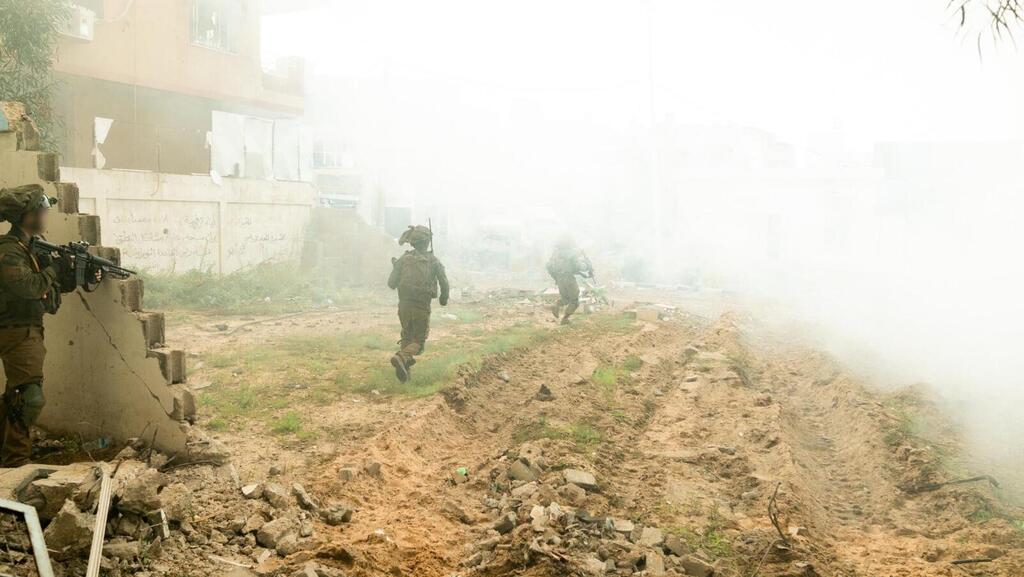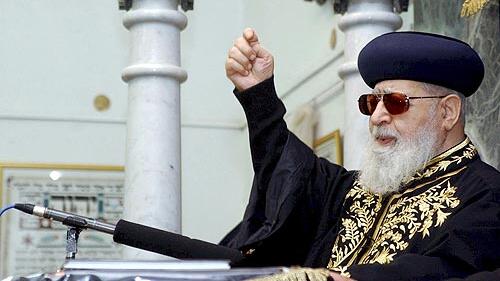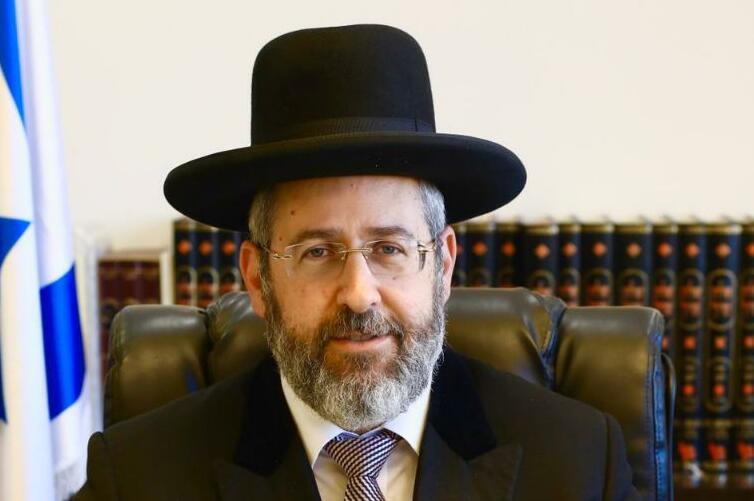The war in Gaza is likely to create a significant religious conundrum concerning Jewish law – deciding if married women, whose husbands have been missing since October 7, can remarry. In Jewish tradition, a woman whose husband is missing is known as an "agunah," and many religious leaders might be reluctant to declare her a widow, affecting her ability to remarry.
More stories:
In such scenarios, Jewish law prohibits the agunah from remarrying due to concerns that her missing husband might later be found alive, having been a hostage in Gaza. If this were to happen, the woman would be married to someone else while still legally wed to her first husband, a situation strictly forbidden under Jewish law.
The last time Israel faced this issue on a large scale was 50 years ago during the Yom Kippur War. Former Chief Rabbi Ovadia Yosef, who passed away a decade ago, volunteered to resolve it then.
Dr. Ariel Picard, author of "The Philosophy of Rabbi Ovadia Yosef in an Age of Transition," notes that in a series of books authored by Rabbi Yosef, the late spiritual leader wrote, "I was asked by my colleagues, Rabbi Mordechai Piron, the IDF Chief Rabbi, and the esteemed Rabbi Gad Navon, Deputy Chief Rabbi of the IDF, to convene with them at the head of the Rabbinical Court for Agunot to discuss and rule on nearly a thousand cases of the holy fallen soldiers of the IDF, who were married and left behind young widows."
Picard says "In his lengthy response, he makes halachic efforts to ‘unchain’ the agunot, and ultimately, does so for all the cases brought before him."
To face the complex situation following the ongoing war, the Ashkenazi Chief Rabbi of Israel David Lau issued a statement saying a rabbinical committee would be established to discuss the cases of agunot during the war.
Attorney Dalit Yeniv, an expert on family and inheritance law, said, "In a reality where many men were taken hostage, some murdered in Hamas captivity, and others still listed as missing, one of the significant issues raised by the war in Gaza is the agunot issue.”
“An agunah is a woman married to her husband, whose status is unknown. Until his condition is verified, she cannot marry another man or have children,” she added. “To help these women, the Ashkenazi Chief Rabbi to Israel Rabbi David Lau announced the establishment of a special committee to address this issue."
Nitzan Chen, head of the Government Press Office, who authored a biography on Rabbi Yosef, notes that contrary to common belief, the rabbi was criticized by some ultra-Orthodox leaders following his ruling on agunot after the Yom Kippur War.
The reason for this was his willingness to ‘unchain’ agunot even when there was no conclusive evidence of the absent husband's death and only circumstantial testimonies. Chen now fears a case where the rabbis in the committee may be reluctant to ‘unchain’ agunot in uncertain cases for fear of criticism by radical factions within the ultra-Orthodox community.
According to him, "There’s no doubt that Rabbi Yosef’s courage allowed him to resolve nearly 1,000 agunot cases, some of which were very complex and not straightforward from the perspective of Jewish law."
Rabbi David Lau chose not to comment, and his office stated that "In recent weeks, Rabbi Lau has spoken to many families who brought numerous cases before him and raised questions amid the war. As a result of these discussions, he decided to establish the special committee.”
The special committee will include the President of the Supreme Rabbinical Court Rabbi David Lau, a member of the Supreme Rabbinical Court Rabbi Eliezer Igra, and another member of the Supreme Rabbinical Court Rabbi Zvi Ben-Yaakov,” the statement added.
“Following Rabbi Lau’s directive, the director of the Rabbinical Court Rabbi Eli Ben-Dahan will instruct all rabbinical judges and court staff to refer cases related to the war to the special committee."





